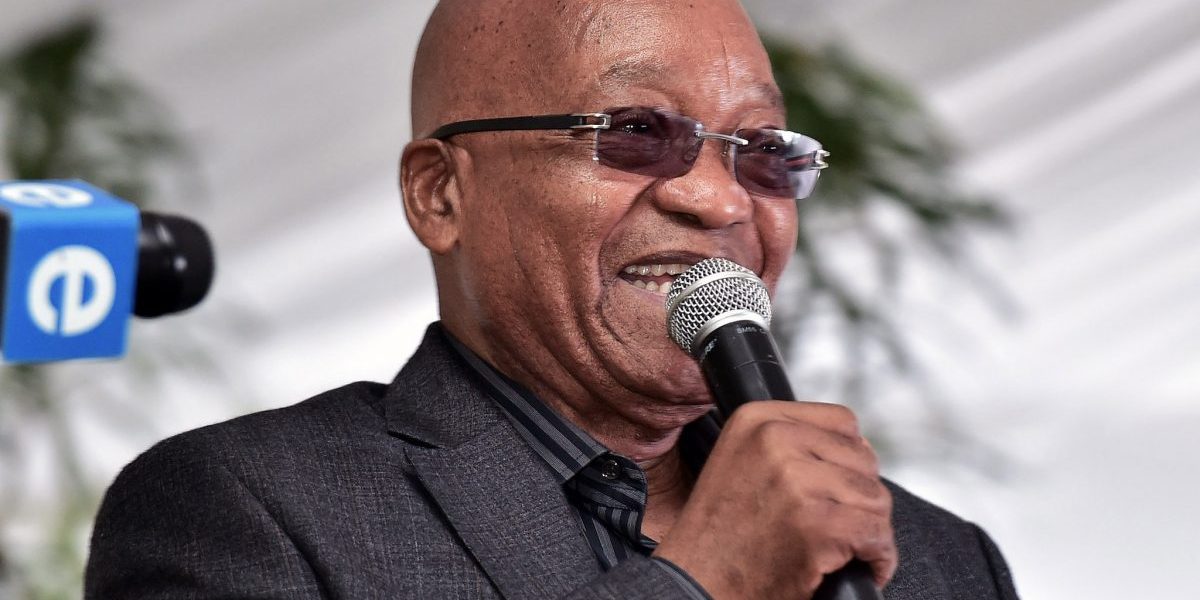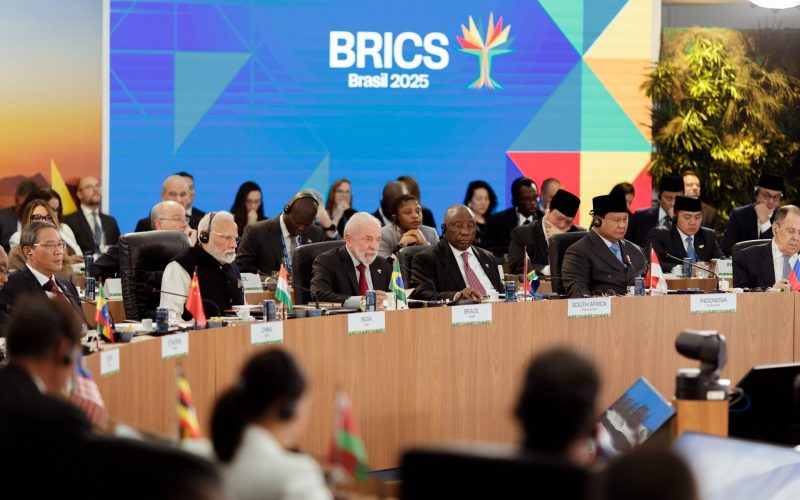In contrast, trade liberalisation proponents assert that reduction of import protection encourages lower domestic prices, specialisation, competition and thereby exports. Advocates of this view therefore postulate that trade liberalisation has the potential to offer significant positive impacts on economic performance and poverty.
Furthermore they are sceptical that governments in general, and in South Africa in particular, have the capability to determine which industries are likely to succeed and refer to this as “pretence of knowledge”. They fear government failure rather than market failure and are suspicious of attempts to foster “strategic industries” or to intervene in currency markets, as this delays structural change and can generate nasty unintended consequences, such as inflation.
The treasury is known to have supported this view in the past and in the latest budget policy review reference is made to this approach in the context of promoting microeconomic reform: “opening up the economy to investment and trade opportunities that can boost exports”. Indeed, the tone of the budget review throughout is supportive of an emphasis on openness and productivity to boost the competitiveness of the economy. It is possible that the National Planning Commission under Minister Trevor Manuel could tilt in this direction through its likely emphasis on reform at the level of the real economy.
Given the current attention afforded to the role of the treasury in domestic economic policymaking (that is, its “control” over other government departments), this could sharply raise the stakes in the struggles being waged over South Africa’s economic policy agenda. Whether this would translate into a debilitating inter-agency turf war between government departments and alliance partners would have to be seen, but it can’t be ruled out.
More broadly, it seems to us that there are two clear aggregate tendencies emerging in the battle over economic policy. The major battle line is an old one between the “disciplined left” and the “orthodox right”. The divisions between these tendencies are fairly predictable, even if the actors are not.
The “disciplined left” favours a stronger role for state-owned enterprises in directing the economy, limited nationalisation, less orthodox monetary policy and deliberate exchange-rate management in support of interventionist industrial and potentially protectionist trade policies. This tendency is evident in the trade and industry and economic development departments, with the latter newly in command of a powerful set of economic policy resources.
The “orthodox right” favours market-led reforms including privatisation of state-owned enterprises, no nationalisation, more orthodox monetary policy, no exchange-rate intervention and microeconomic reforms including trade liberalisation rather than industrial policies per se. This tendency seems to be evident in the three most powerful state institutions: the treasury, the Reserve Bank and potentially the planning commission.
A wild card in this mix is an increasingly powerful group – crystalising around the Black Management Forum and ANC Youth League leader Julius Malema – that appears to favour accumulation of state-linked assets for the purpose of maximising patronage and political power. The extent to which this “tendency” has a coherent economic policy programme is not obvious.
Linked to this rentier tendency is a growing problem of corruption and maladministration at local and provincial government levels and to some extent at national level. This tendency undermines the approach of the “disciplined left” because it is difficult to see how a “corruption-state” could be developmental; but it could also undermine the “orthodox right”, because those who have secured key state resources do not want to open up to competition.
This is a complicated cocktail of interests, actors and institutions and we won’t try to predict how it will all play out. Instead, we invite readers to submit their own thoughts on the dynamics we have outlined, with particular reference to South Africa’s future engagements with the world economy.
We will also approach selected individuals on both sides of the debate – as we have perhaps unfairly caricatured it here – to contribute their opinions. In so doing we hope that participants will contribute in the spirit of the 2010 World Cup: play the ball and not the person. Let the debate begin.








